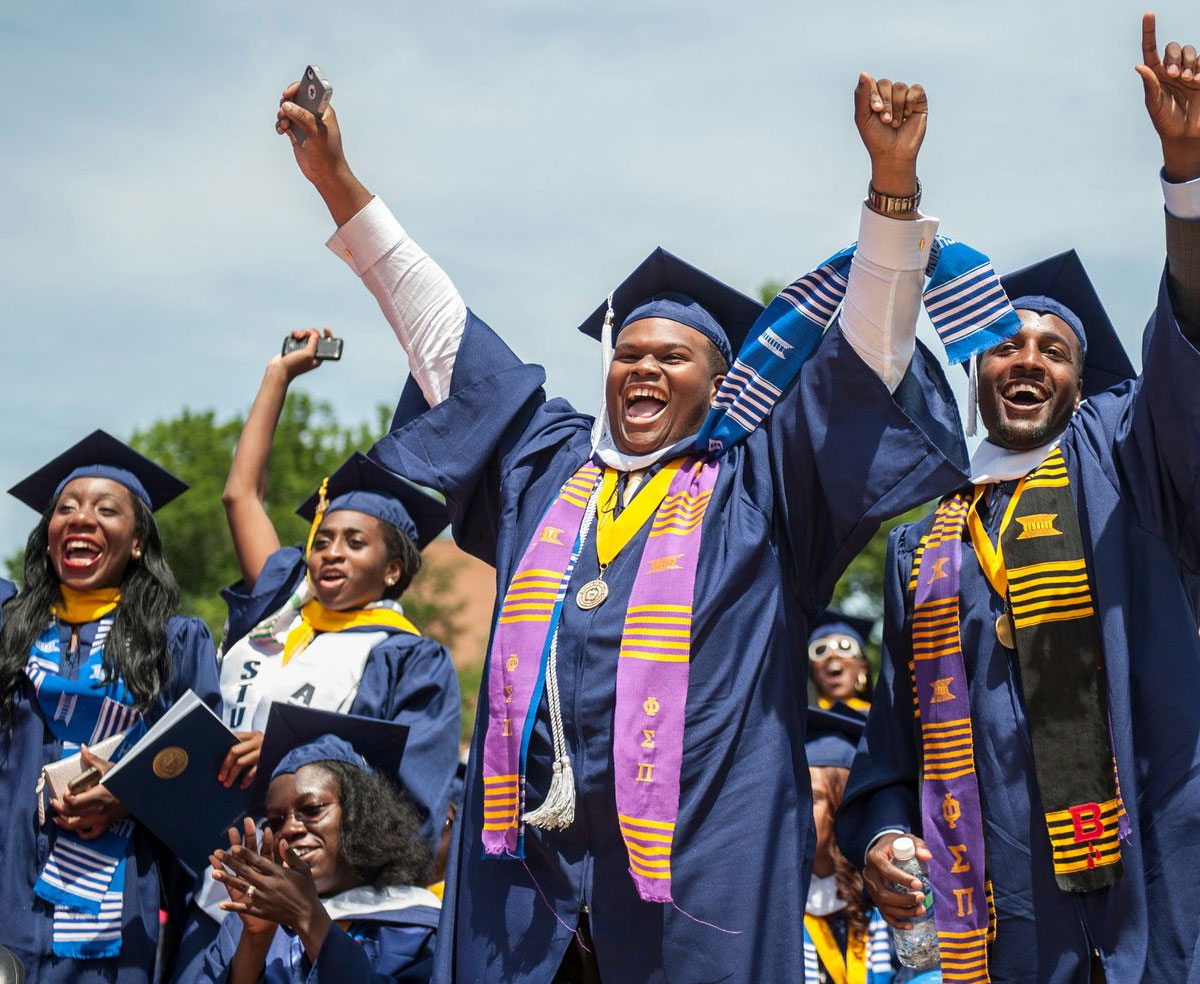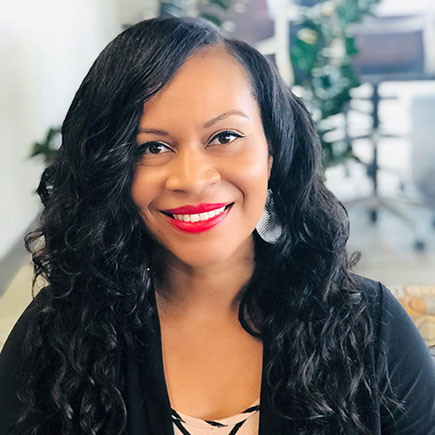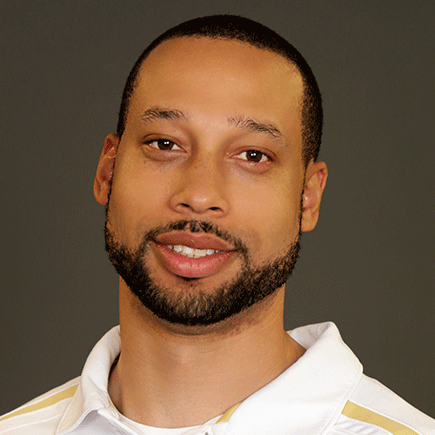HBCU Exchange Program
Our Mission
The Historically Black College and University (“HBCU”) Exchange Program is a program designed to allow Nevada State students the opportunity to visit at a historically black college or university in order to experience a different academic framework and to immerse themselves in a different cultural environment.
Eligibility Criteria
- Eligibility Criteria: NSC exchange students must have a 3.0 GPA
- NSC students with 24 credit hours completed are eligible to apply
- Graduating seniors or students who are graduating in the exchange semester are not eligible
Exchange Logistics
- NSC students will attend a HBCU for one semester
- NSC students will register for a 12-15 hour block of classes
- NSC students must work with Exchange Coordinator to discuss transferring courses
- NSC students will pay tuition to NSC
- NSC students will stay in student housing at the exchanging HBCU
Application
- Students will contact Exchange Coordinator for application
- Along with application students will need to submit the following:
- A 250 word essay explaining why you would like to participate in the exchange program
- 2 letters of recommendation

WHAT IS AN HBCU?
HBCUs are a source of accomplishment and great pride for the African American community as well as the entire nation. The Higher Education Act of 1965, as amended, defines an HBCU as: “…any historically black college or university that was established prior to 1964, whose principal mission was, and is, the education of black Americans, and that is accredited by a nationally recognized accrediting agency or association determined by the Secretary [of Education] to be a reliable authority as to the quality of training offered or is, according to such an agency or association, making reasonable progress toward accreditation.”
HBCUs offer all students, regardless of race, an opportunity to develop their skills and talents. These institutions train young people who go on to serve domestically and internationally in the professions as entrepreneurs and in the public and private sectors.
Faculty Experiences
Frequently Asked Questions
What is an HBCU?
Historically black colleges or universities (HBCUs) are schools that were founded on the belief that every individual deserves access to a college or higher education. More specifically, the Higher Education Act of 1965, as amended defines an HBCU as:
“Any historically black college or university that was established prior to 1964, whose principal mission was, and is, the education of black Americans, and that is accredited by a nationally recognized accrediting agency or association determined by the Secretary of Education.”
What are the requirements to be considered for this program?
Criteria for Admission to the HBCU Exchange Program:
- General admission into Nevada State College. Students who have never attended Nevada State College will need to apply for college admission through the Office of Admissions. Students may apply online at https://nsc.edu/admissions/applying-to-nsc/index.aspx .
- Minimum cumulative GPA of 3.0 or better
- Minimum 24 credits completed by the end of current semester
- Graduating seniors or students who are graduating in the exchange semester are not eligible to participate in the HBCU Exchange Program
The following items must be submitted with the HBCU Exchange Program Application.
(All items must be included at the time of submission. Incomplete applications will not be accepted.)
- A 250 word statement of interest. Your HBCU exchange statement of purpose should describe your interest in attending an HBCU institution and your expectations regarding that experience. We recommend that you work with the writing center to polish your essay before submission.
- Two (2) letters of recommendation from Nevada State faculty
- A copy of your unofficial transcript
- A copy of your official degree audit. Your degree audit can be found in your student center under the Academic Requirements section. (Once in your official degree audit, select view report as PDF and download it)
If I am not selected, is there an appeal process?
There is no formal appeal process. However, the coordinator will be able to provide feedback regarding your application and decision.
I am a graduating student can I participate in this program?
No, not at this time. This program is intended to help underclassmen complete their graduation requirements by offering a unique educational with a Historically Black College/University.
What are the benefits of participating this program?
This exchange program will provide a unique cultural and academic experience for each student. Some of the benefits may include networking opportunities, and internship placements.
What types of aid am I eligible to receive?
The classes that are approved as financial-aid eligible will count just like any other Nevada State classes toward the enrollment requirements for all federal, state and institutional aid programs.
Can I use financial aid to pay for the HBCU Exchange?
You can receive financial aid to cover expenses related to any courses that fulfill an unmet requirement for your degree program at Nevada State. This will be determined through the HBCU Exchange application process.
How and when will I receive my financial aid?
Your aid will pay to your student account (disburse) following the timeline for the Nevada State semester in which you are enrolled. Any charges on your account will be paid off first, then a refund of any excess aid will be issued to you through BankMobile Disbursements, a technology solution, powered by BMTX, Inc. based on your preferred delivery method.

